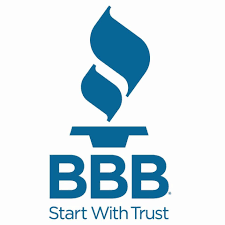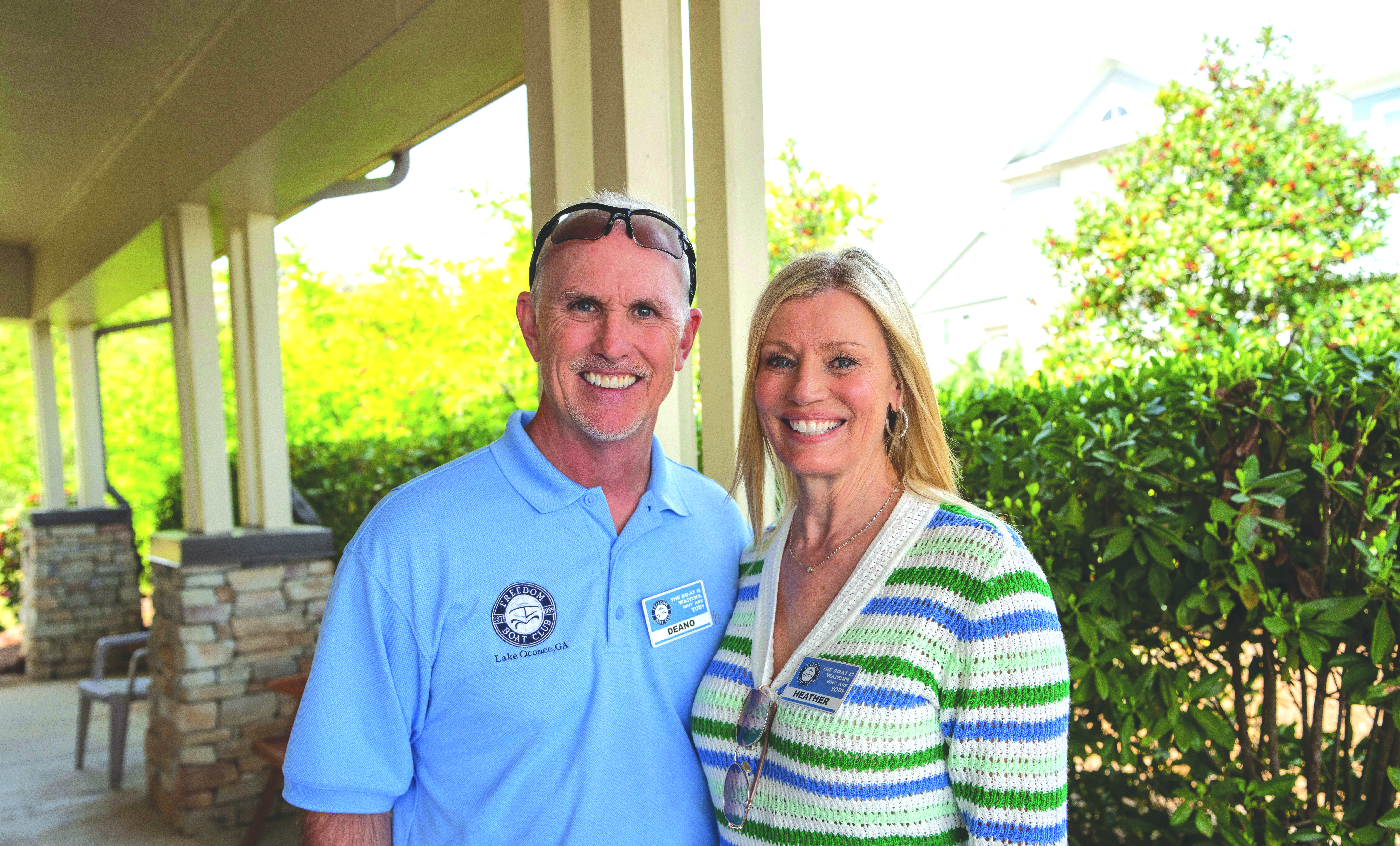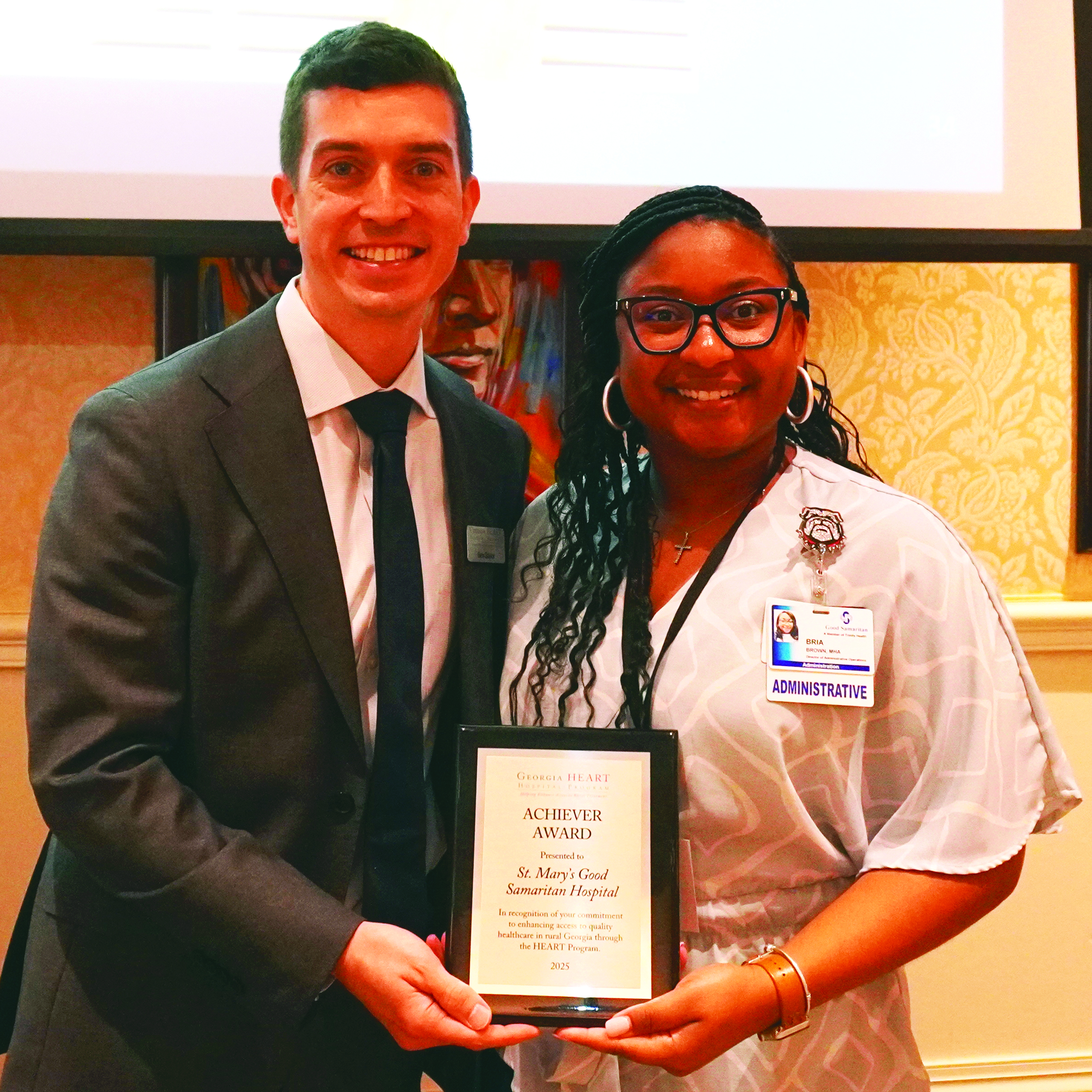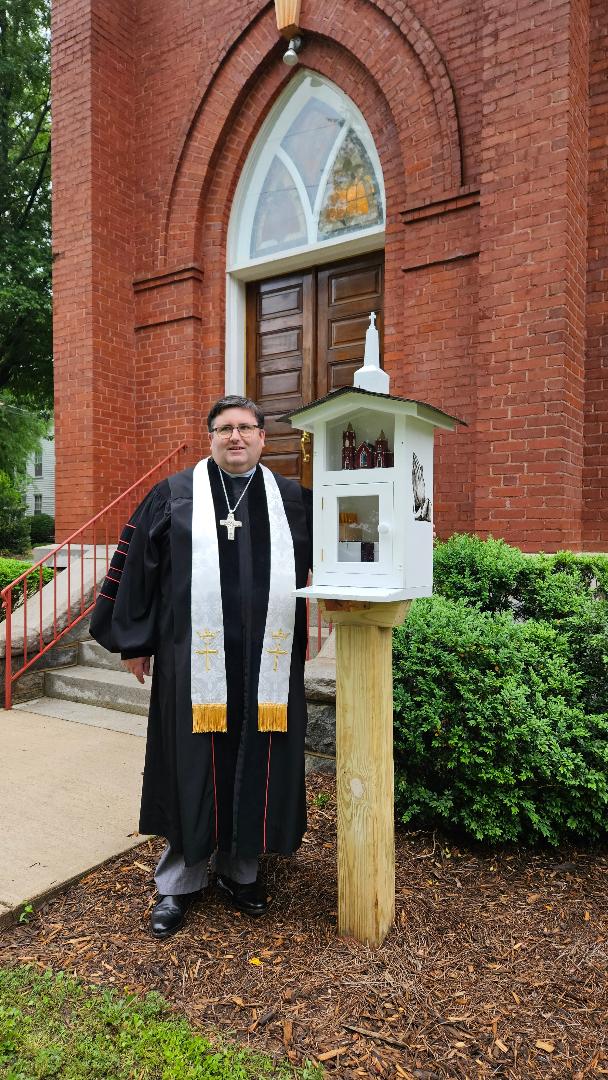BBB: Looking to buy a vehicle online? Be wary
Published 1:52 pm Wednesday, May 22, 2024

- To learn more about sweepstakes scams and how they work, see BBB’s study on these scams at BBB.org/ScamStudies. If you’ve been the victim of a scam, please report it to www.BBB.org/ScamTracker. By sharing your experience, you can help others avoid falling victim to similar scams.
While legitimate sellers use modern technologies to simplify the car-buying process, fraudsters use similar technology to carry out elaborate impostor scams.
Since Better Business Bureau (BBB) International Investigations Initiative issued a 2020 study, Virtual Vehicle Vendor Scams: BBB Study Reveals a Growing Scam Using Fake Cars and Escrow Companies to Steal from Unwitting Consumers, fraudsters have come up with new ways to entangle consumers. A look-back at reports to BBB since 2020 finds scammers still list non-existing vehicles of all kinds on real online marketplaces, but increasingly use fake websites, target high-end buyers of rare classic cars and exploit vehicle history reports to steal money and information.
Online vehicle vendor scam reports to BBB Scam Tracker dropped in 2022 but rose in 2023. Consumers looking to buy a vehicle are at risk of encountering fake vehicle listings and fraudulent vehicle reports across various websites and social media platforms, according to BBB Scam Tracker data from the last three years.
Online purchases, including car sales, are one of the scam types most likely to result in a loss of money, according to BBB Institute for Marketplace Trust research, further indicating the need for caution when searching for a vehicle online.
This fraud took off across North America during the pandemic, when limited in-person contact was encouraged. One study using FTC data determined that only 4.8% of victims of mass market fraud ever report to BBB or a government entity, meaning the number of cases reported is likely an undercount.
Peter, in Friendswood, Texas, told BBB he found a 1972 Dodge Challenger on an online marketplace in June 2023 for about $26,000. Believing it to be a good price, he jumped on the deal and reached out to the seller. The supposed seller told Peter the car would be shipped to him, and there would be a seven-day trial period to ensure he was happy with the purchase.
“He sent me a lot of pics of the car and description. He told me car is in great shape, no issues,” Peter told BBB.
Instructed to send payment to an escrow company, Peter followed the seller’s directions. The car never arrived, and he soon realized he had been scammed.
Scammers, using the same format described in the 2020 BBB study, appear to be targeting classic car sales. Seeking big paydays, they list non-existent vehicles online for delivery, sometimes using a real Vehicle Identification Number (VIN), pictures and imitations of legitimate sellers’ websites.
How do online car buyers get scammed?
The fraud starts when a consumer looks for a vehicle online. They may find too-good-to-be-true listings on real sites like eBay and Craigslist. While those sites remained popular in 2023, scammers increased use of social media sites like Instagram.
Fraudsters pose as private sellers or dealerships, using stolen pictures, fake addresses and elaborate stories to explain overly cheap prices. Sometimes, they even co-opt real dealership or seller names and locations.
Additionally, scammers may ask the buyer to use a fake escrow company to hold the money while the vehicle is supposedly shipped to the buyer for evaluation with an option to return the vehicle if they aren’t happy with it. In reality, the scammer controls the escrow company, so once the money is received, they disappear or give excuses for why the non-existent vehicle never arrives. Eventually, the fake escrow website also disappears.
In 2023, Melissa from Olympia, Washington responded to an ad on a legitimate vehicle sale website for a $15,500 Airstream trailer, a popular model in recent years. The seller said they were dealing with a health issue and needed to unload the camper to pay for unexpected bills.
“He said he was using a consignment business that he had used since 2017. I paid through the consignment business website which looked official, and I could not find anything online saying that company was fraudulent. The trailer was supposed to be delivered to my house,” she told BBB.
As Melissa waited, the delivery date kept being pushed back. One day, she was told the trailer was damaged on its way to being delivered, and she would receive an insurance payment instead. Months later, there was still no money.
At least two other reports to BBB Scam Tracker involved Airstream trailers. Other reports describe how scammers use any type of vehicle – cars, boats, motorcycles, trailers, motorhomes or even yard/farm equipment – to lure buyers.
Scammers target classic car buyers, prey on scarcity
While BBB Scam Tracker data shows virtual vehicle vendor scams have held steady since the 2020 study was published, scammers in 2023 did appear to turn toward a new avenue to ensnare consumers: classic cars.
Buyers interested in classic cars found what they thought was a well-reviewed dealer selling vintage vehicles, but what they had stumbled upon was a scammer impersonating a classic car dealer. One business owner laid out how his company’s brand was hijacked.
Doug, a car seller from Longwood, Pennsylvania, told BBB he started getting reports about non-delivery of cars. He looked into it and found a nearly identical website to his own. It had a similar URL (only missing the letter “s” from the end), the same address and contact information as his business and even pictures of his cars. The only difference was the unusually low prices of the cars.
“It is a very professional looking website, but completely fictitious, and hosted out of Lithuania,” he said. “Don’t send these guys any money as you will never see it again.”
BBB’s 2020 virtual vehicle vendor scam study found scammers were primarily located in Romania. A series of arrests have been made over the years, but the scam has continued.
While virtual vehicle vendor scams tend to rely on escrow accounts for payment, Clark with the FTC urged consumers to never send money to someone they don’t know over a payment service either like Venmo, Zelle or CashApp.
Brian Moody, executive editor at Autotrader, suggests buyers can follow a simple hierarchy when buying cars.
—Buy local and view the car in person
—Look for franchised dealerships or licensed sellers online
—In the case of rare vehicle purchases, shop online but use a service with buyer protections
“Treat this as you would any serious financial transaction,” he said. “You wouldn’t go up to a house and simply say, ok this is good, where do I pay?” Moody said.
Know the red flags of an online car buying scam:
—The price is significantly below market value
—Owner cites an overly personal reason they need to get rid of a vehicle
—A buyer asks for a specific unfamiliar vehicle report and will not accept reports you have already pulled
—A car seller will not allow you to see the vehicle and insists upon vehicle delivery
—Money must be sent only to a third-party recommended by the seller
BBB tips to avoid falling for an online car buying scam:
—Use only approved Vehicle Identification Number (VIN) lookup websites
—Do not purchase a vehicle report for an interested buyer
—View a vehicle in-person
—Be wary of too-good-to-be-true prices
—Pick up a vehicle yourself whenever possible
—Resist high-pressure tactics urging quick action
Where to report:
—Better Business Bureau or BBB Scam Tracker
—Federal Trade Commission (FTC) or call 877-FTC-Help
—nternet Crime Complaint Center (IC3)
Visit BBB.org to check out a business or register a complaint, BBB Scam TrackerSM to report a scam and BBB.org/scamstudies for more on this and other scams.
Kelvin Collins is president & CEO of the Better Business Bureau serving the Fall Line Corridor, serving 77 counties in East Alabama, West Georgia, Southwest Georgia, Central Georgia, East Georgia and Western South Carolina. This tips column is provided through the local BBB and the International Association of Better Business Bureaus (IABBB). The Better Business Bureau sets standards for ethical business behavior, monitors compliance and helps consumers identify trustworthy businesses. Questions or complaints about a specific company or charity should be referred directly to the BBB at Phone: 1-800-763-4222, website: BBB.org or email: info@centralgeorgia.bbb.org





